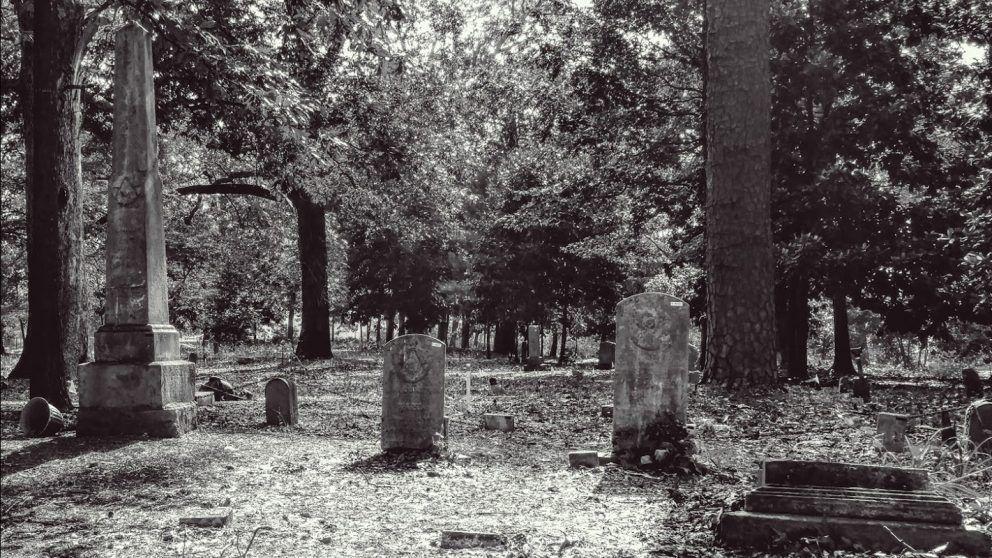Students and faculty from NC State, William Peace University and the wider Raleigh community participated in a cleanup effort at the historic Oberlin Cemetery. The effort was organized by nonprofit organization Friends of Oberlin Village on Saturday, ahead of the unveiling of a historic marker Sunday.
Volunteers removed tree limbs, bark, mulch, debris and other impediments from the historic site while being careful to leave in place markers, such as glass bottles and seashells, often left intentionally as grave art.
“NC State participates in the preservation and education and research goals in the community with the Friends of Oberlin… NC State students have been very active both in doing research and in doing volunteer work at these sites, such as the cleanups,” said Dru McGill, NC State assistant professor of sociology and anthropology.
Friends of Oberlin Village is a 501(c)(3) nonprofit organization of community members “committed to preserving [the cemetery] grounds and recording the legacies of the persons laid to rest there.” Friends of Oberlin Village coordinated the effort ahead of Sunday’s event and holds cleanup events three or four times a year.
“It’s important to keep these historic sites where people can still come out here to visit, and it’s a nice place to be, we’re picking up limbs, trash… we’re trying to make this look better and learn about some history, I’m really interested in anything historical, especially older cemeteries, and this has so much significant history as the first freed-African-American cemetery in Raleigh,” said Chase Wagner, a first-year NC State student studying engineering, who participated in the cleanup.
Faculty and students from William Peace University’s Anthropology Department as well as members of NC State’s Kappa Alpha Theta sorority volunteered also in the cleanup effort.
“Historic archaeology is much about cemeteries so I’ve always had an interest in that way, this probably my fourth or fifth cleanup, I usually get a good bunch of Peace students to come… it’s a great way for Peace to be helping out in the community and for Peace students to be learning,” said Vincent Melomo, associate professor of anthropology at William Peace University.
Historic Oberlin Village was founded as a Reconstruction-era “Freedmen’s Village” within Raleigh in 1866 by freed African-American slaves. The village was named in honor of Oberlin College in Oberlin, Ohio, one of the first institutions of higher learning to fully admit African Americans.
Oberlin Cemetery was established in 1873 within the village and has an estimated 600 graves, with grave markers ranging from ornate obelisks to simple rocks to many unmarked graves.
On Sunday a historic marker was formally unveiled commemorating Oberlin Village and Cemetery and their role in Raleigh’s history.
“I would definitely say it’s a well-deserved marker because it meets our mission of informing people of what Oberlin Village is and how it got its name and how it got its start,” McGill said. “The process by which historic things are given markers is relatively complex and it’s really only been in the past 10 years that more official recognition has been given to the village and we all hope the marker will inspire more people to learn about the village.”








